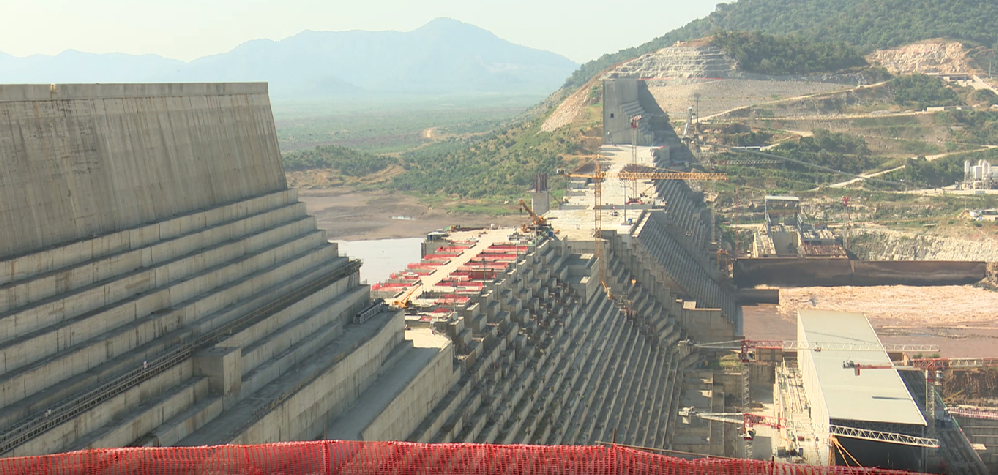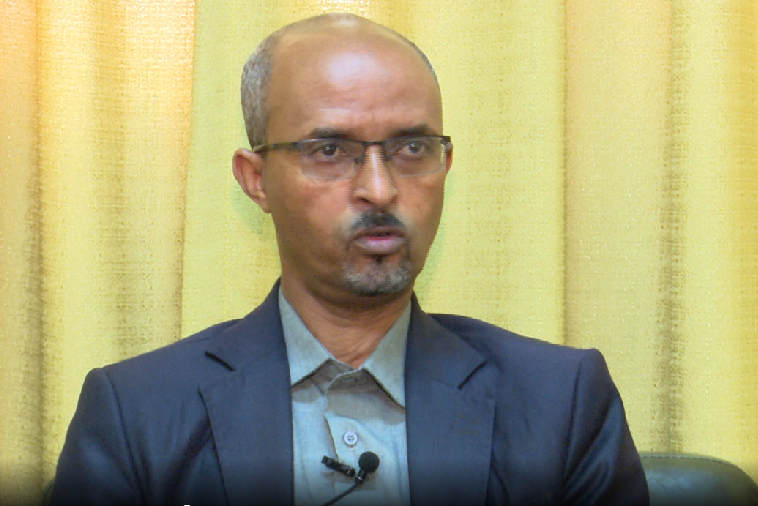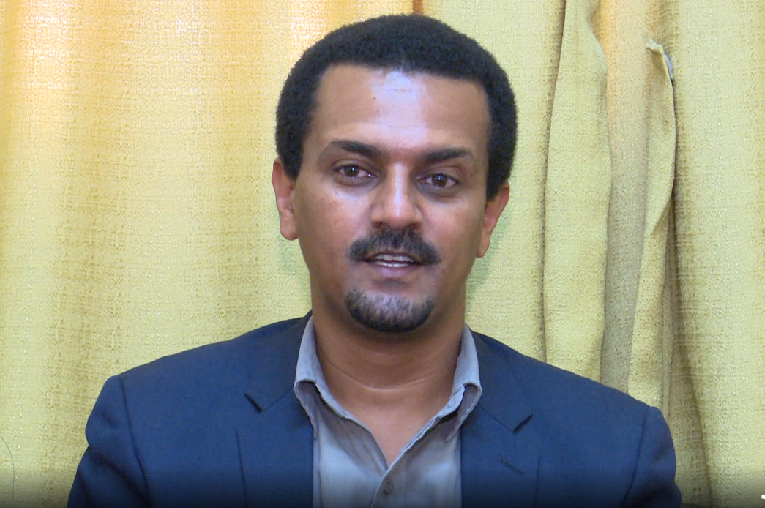Downstream Countries Right to Information Claim on Filling Dam Baseless: Experts - ENA English
Downstream Countries Right to Information Claim on Filling Dam Baseless: Experts

Addis Ababa, May 30/2020( ENA) Ethiopia is not legally obliged to inform Egypt and Sudan about the first phase of the filling of the Grand Ethiopian Renaissance Dam (GERD), legal expert said.
In an exclusive interview with ENA, Law Associate Professor Dereje Zeleke said Ethiopia's policy has always been rooted in the acknowledgment of sharing resources of the Nile River.

There is, however, no legal regime and instrument which binds the riparian countries, he stated, adding that “the one we had after over a decade long negotiation is the Cooperative Framework Agreement (CFA), which Egypt and Sudan vehemently rejected in 2010.”
So they cannot stay outside of the framework of law and still keep on claiming rights on the basis of the law, Dereje noted.
“We are not obliged to inform Egypt and Sudan about the filling as they have been informed about that from the very outset of the construction of the dam. The construction makes it inevitable that it is going to be filled. They always knew it. Thee fact that the filling of the dam would start at some stage of the construction was known from the outset.”
He stated that they are just making noise to maintain by hook or crook the inequitable reality where the two downstream countries utilize the empire annual flow of the water.
The associate professor challenges the countries that the legal framework they rejected but by Ethiopia accepted has handicapped them in many ways.
“We are in the CFA but Egypt and Sudan have standing position that rejects the legal framework. And by rejecting that particular cooperative framework, they are rejecting the avenue of legality. They have preferred to stay outside the bounds of the law. Therefore, they have absolutely no legal ground to claim to be informed,” he elaborated.
However, he pointed out that utilization of the shared resource as a source country and based on the principles of equitable and reasonable share has been a legitimate claim and remains unchanged.
“The commitment of Ethiopia, in spite of changes in government and regime, is to ensure equitable and reasonable utilization of the resource. Fairness and acting within the framework of legality has always been the position of Ethiopia,” Dereje stressed.
Describing the Washington negotiation as unsuccessful and a done deal, he noted that “a return to the negotiation can never mean a return to Washington.”
Assistant Professor at the Center for African and Oriental Studies and Associate Dean for Research and Technology Transfer at Addis Ababa University, Samuel Tefera said on his part that there is no legal ground that compels Ethiopia to inform the downstream countries about the filling or to stop it from pursuing its development goals.

Ethiopia has always been open to negotiation and to discuss cooperative modalities, he said, adding that is what it has been doing right from the inception of GERD.
“Unfortunately, Egypt in particular has always been disregarding and ignoring the development interests and sovereignty of Ethiopia,” Samuel underscored.
He blamed Egypt for wanting to selfishly utilize the shared resources alone, and urged the riparian countries to sit and resolve pending issues by themselves.